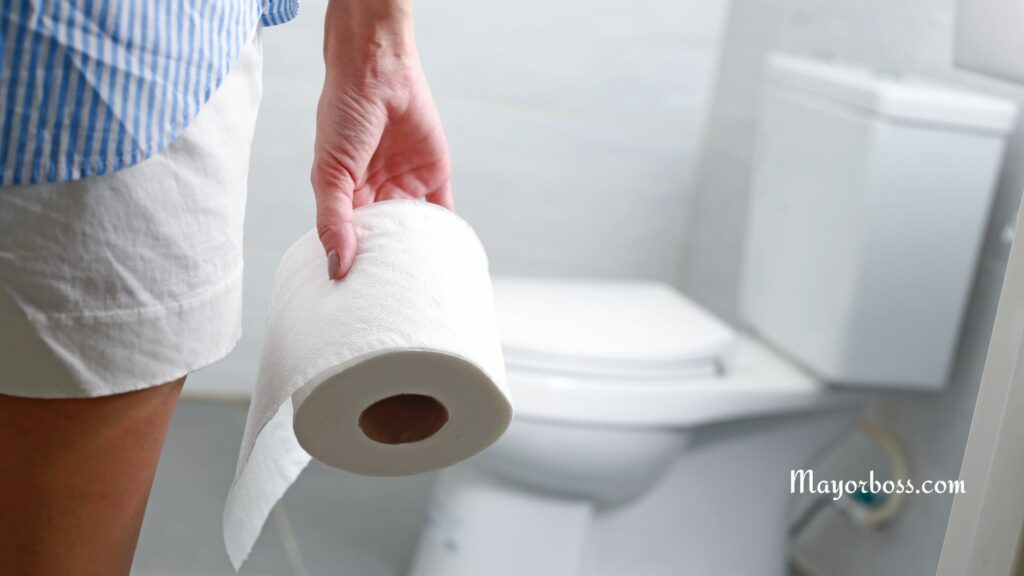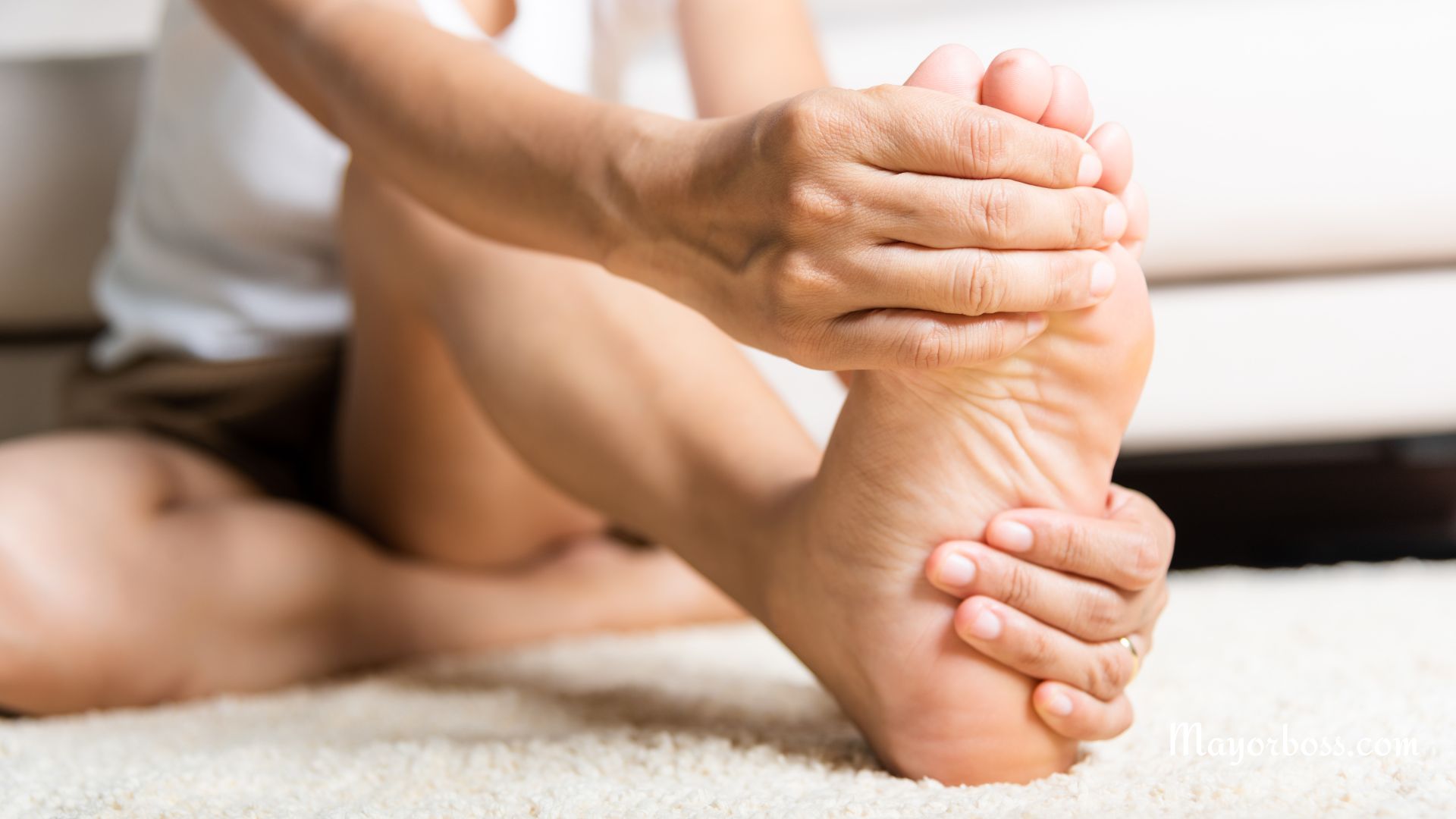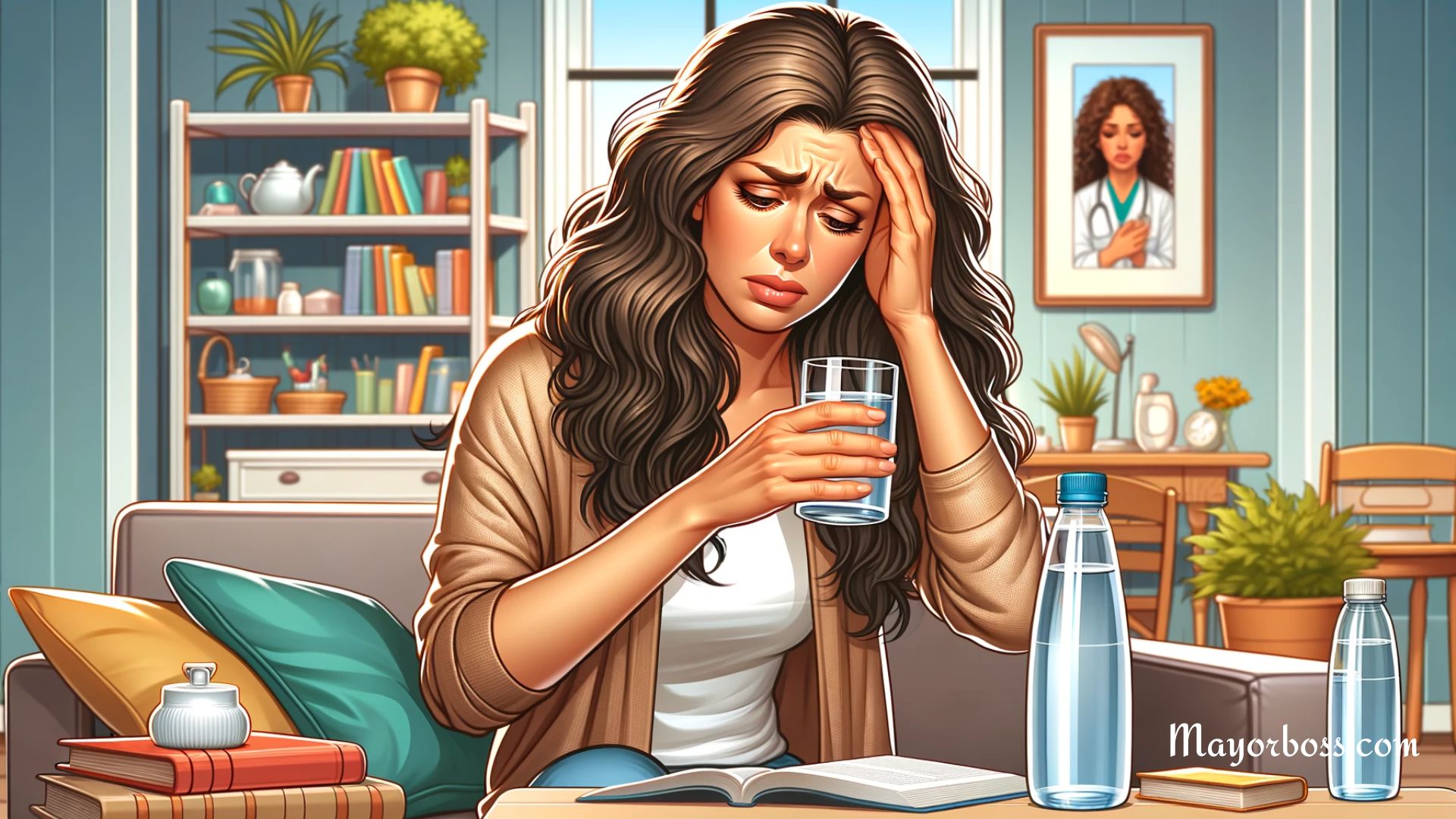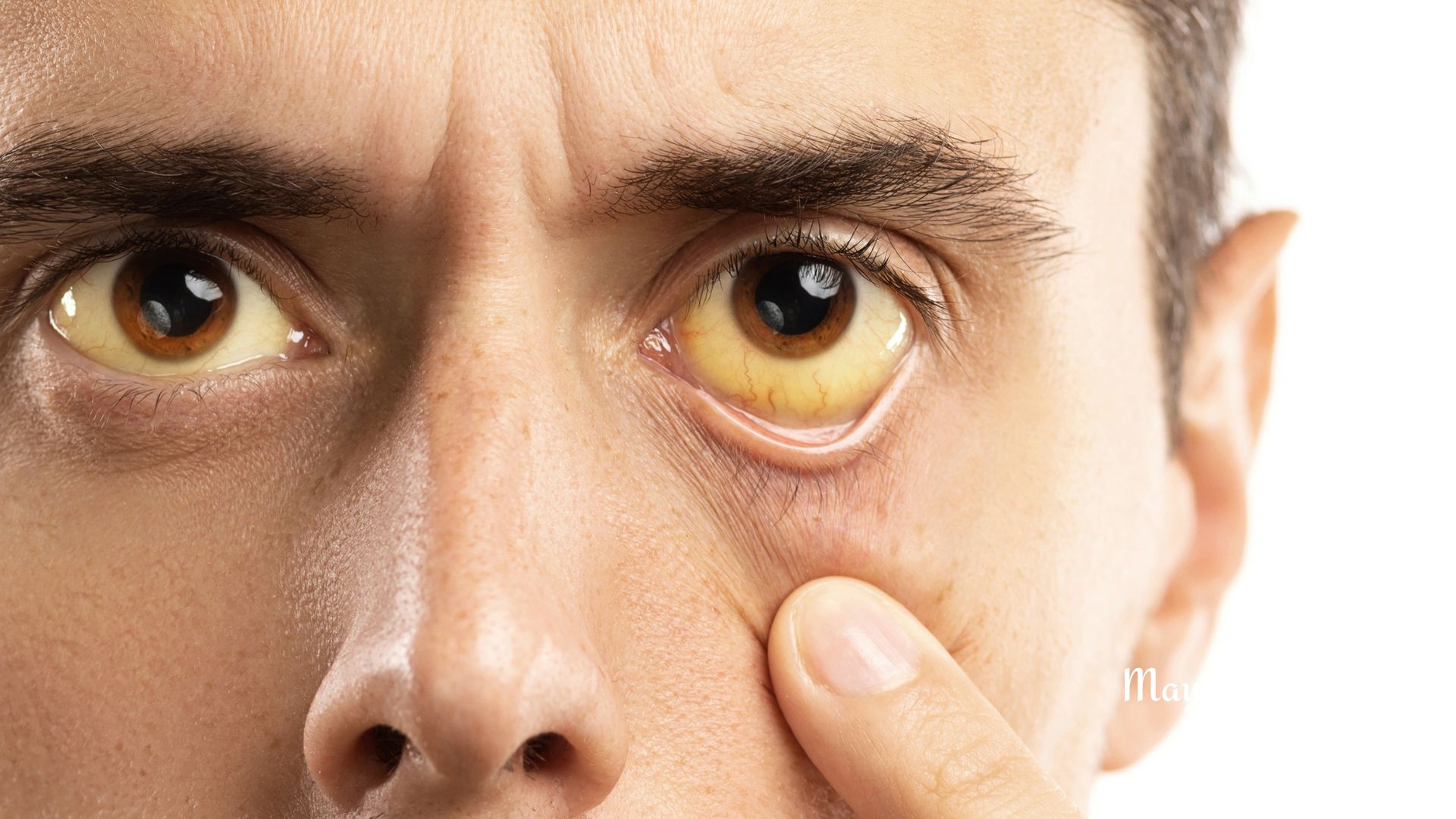Why You Have To Poop When You Feel Anxious
Feeling the urge to poop when you’re anxious is a common phenomenon. The gut-brain connection plays a significant role in this occurrence. When you’re anxious, your brain sends signals to your digestive system, which can result in various gastrointestinal symptoms, including the need to poop.
The Gut-Brain Connection
Did you know that your brain and gut have a complex and intimate connection? The gut-brain axis is the two-way communication between your central nervous system (the brain) and your enteric nervous system (the gut). This connection means that the brain can influence gut function and vice versa.
When you’re anxious, your brain enters into a fight-or-flight mode. This response is an evolutionary mechanism designed to protect you from potential threats. It leads to increased adrenaline and cortisol levels, accelerating your heart rate and diverting blood away from your digestive system to more essential areas like your muscles. This may result in an urgent need to evacuate the bowels, a process colloquially referred to as “nervous poops” or “anxiety poop.”

The Role of Serotonin
Interestingly, around 95% of your body’s serotonin—a neurotransmitter that helps regulate mood, sleep, and appetite—is located in your gut. Serotonin also plays a critical role in bowel movements by promoting the contraction of gut muscles. When you’re stressed or anxious, your gut may produce more serotonin, causing an increase in bowel movements.
Anxiety and Irritable Bowel Syndrome (IBS)
Many individuals who have IBS—an often painful disorder that affects the large intestine—report that their symptoms become more severe during periods of increased stress or anxiety. This connection further illustrates the profound impact of the brain-gut axis on bowel movements.
How To Stop Anxiety Poops
Now that you have a better understanding of the phenomenon, let’s look at some effective approaches that can help manage anxiety poops:
Dietary Adjustments
- Increase Fiber Intake: Consuming a diet high in fiber can help regulate your bowel movements. Foods rich in fiber include fruits, vegetables, whole grains, and legumes.
- Stay Hydrated: Proper hydration aids digestion and can make bowel movements easier and more regular.
- Avoid Trigger Foods: Some foods can increase the likelihood of anxiety poops. Common culprits include caffeine, alcohol, and spicy foods. Pay attention to what you eat and how it impacts your bowel movements.
Lifestyle Changes
- Exercise Regularly: Regular physical activity can help reduce anxiety and regulate bowel movements.
- Maintain a Regular Sleep Schedule: Adequate sleep is essential for managing anxiety. It can also help regulate your body’s natural rhythms, including digestion.
- Mindfulness Practices: Techniques such as yoga, meditation, or deep-breathing exercises can help manage stress and anxiety, potentially reducing anxiety poops.
Professional Support
- Cognitive Behavioral Therapy (CBT): This form of psychotherapy can help you understand and change thought patterns leading to harmful behaviors or distressing feelings, thereby helping manage anxiety and its physical symptoms.
- Medication: In some cases, medication may be necessary. Antidepressants, anti-anxiety medications, or specific medications for IBS can be helpful. Consult with a healthcare provider to explore this option.
- Support Groups: Connecting with others who are dealing with the same issues can provide comfort, reduce feelings of isolation, and provide practical tips.
Remember, It’s Normal
While anxiety poops can be uncomfortable and sometimes inconvenient, remember that it’s a normal bodily reaction to stress. Everybody experiences anxiety differently, and for some, it can often involve the digestive system.
With the tips provided in this article, you can start taking steps to manage and reduce the occurrence of anxiety poops. However, if anxiety is significantly impacting your quality of life, don’t hesitate to seek professional help. There’s no shame in needing support, and mental health professionals are equipped with the tools to help you navigate through this challenge.






